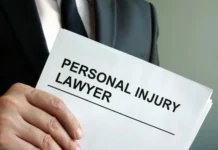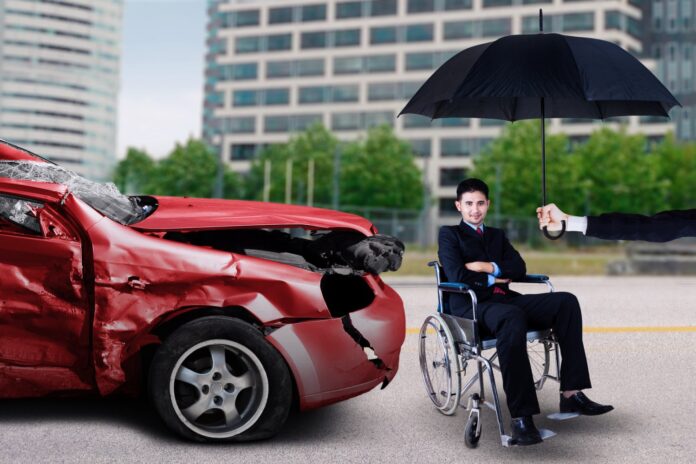
Injury is, in most cases, unavoidable. Naturally, this is due to the fact that it’s usually caused by someone or something else – not by you. As such, it goes without saying that one can’t really protect themselves from personal injury.
However, they can still rely on something known as personal injury protection – shortened to PIP. One may also come across the no-fault insurance term that refers to the same thing.
But what does this type of insurance do? Well, it protects people that have been injured in a car accident, regardless of their role in it. Let’s take a closer look at PIP and, most importantly, see if you really need it!
The Basics of PIP
This so-called protection is designed to deal with an individual’s hospital bills that are caused by an accident. At the moment, PIP is only available when it comes to auto accidents.
It is worth mentioning that this type of insurance is a bit more complex than other types, mainly due to the fact that it can cover the bills of anyone involved in the accident (limited to driver and passengers). It doesn’t even matter if you don’t have full cover insurance – technically, it’s enough for the claimant to have just this type of insurance.
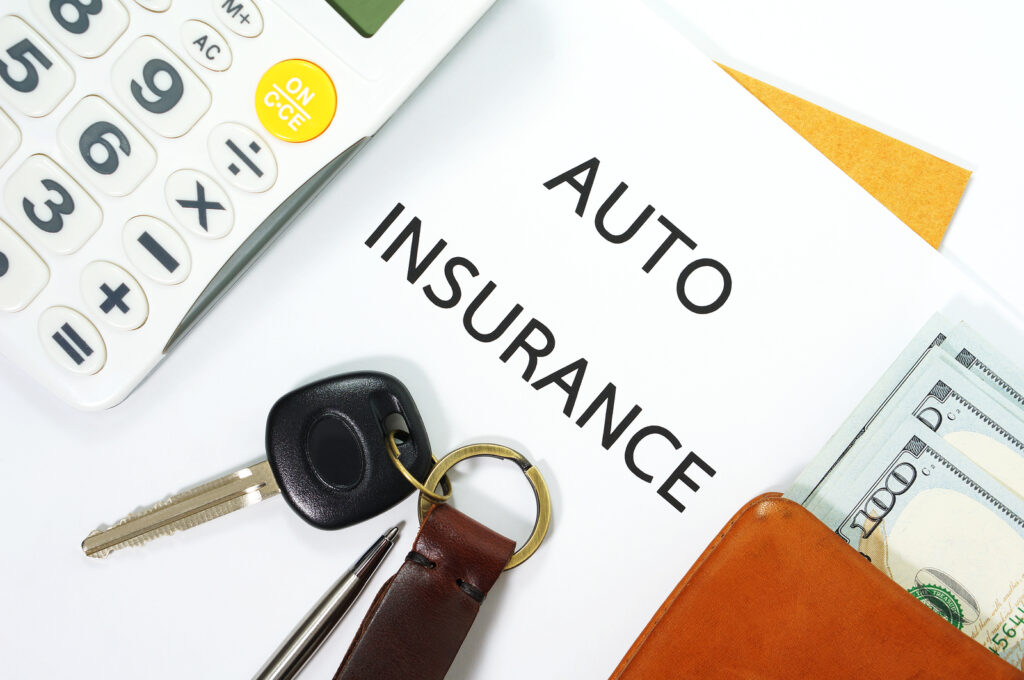
On the other hand, such insurance does come with limits/caps. There is a minimum set coverage amount in place, as well as a maximum amount per person! Keep this in mind before trusting your injuries, with a PIP.
How Does PIP Work?
We mentioned before that PIP is also referred to as no-fault insurance. However, it’s not available in every single US state out there –only in those that are known as no-fault.
Therefore, at the moment, only 22 American states can offer PIP to drivers – some of them may also even require it as a mandatory insurance add-on. These no-fault states are able to provide drivers involved in accidents a way to pay their bills, regardless of whether they caused the accident or not.
Naturally, those that hold PIP-type insurance policies can also enjoy additional benefits. On top of that, this type of insurance covers quite a variety of damages, including but not limited to lost income and even childcare.
Minimum and Maximum Coverage
The minimum is often determined by the government or other entities and is variable from location to location. However, the minimums are not that important, especially if we consider more serious car accidents.
Obviously, the maximum coverage amount is vital. While it varies, just like with minimum coverage, it’s often set at around $25k. This particular sum is enough to pay for the treatment of mild to serious injuries.
Even though knowing the minimum and maximum is not mandatory, you should be aware of these amounts prior to filing an injury claim as they may help you better estimate your damages/compensation.
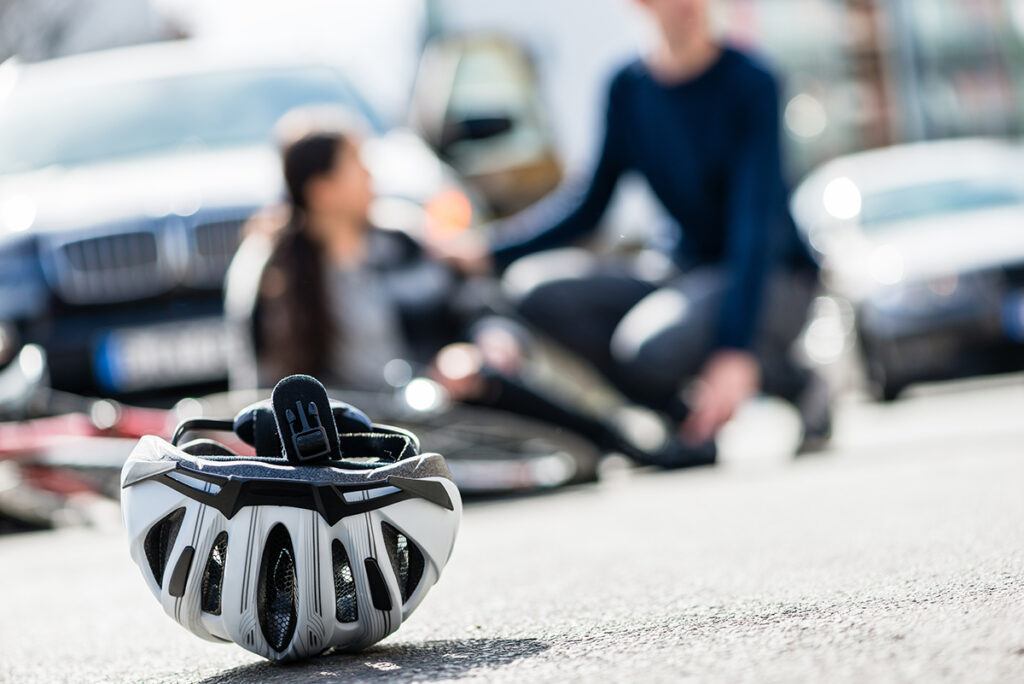
Do You Need PIP?
First of all, let’s take a look at the states where this type of protection is mandatory. If you live in Arkansas, Texas, Oregon, Maryland, and Delaware, then you probably already have it added to your basic automobile insurance, as it is obligatory.
In states like Kentucky, New York, Florida, and several others, PIP is required by the state – meaning that you will have to manually purchase and add it to your regular insurance.
Last but not least, PIP is entirely optional in states like Washington, Wisconsin, New Hampshire, and a couple of others too. But do you really need it?
- Obviously, when it comes to insurance, the real question is how much it should cover.
- Therefore, if your regular health insurance covers most of the things covered by PIP, then you could choose a less expensive option.
- If this type of insurance is optional, make sure it doesn’t conflict with regular health insurance policies– namely that it doesn’t cover the same things.
Overall, one needs PIP when any potential expenses resulting from car accidents are not covered by their health or car insurance. If there’s nothing that you can rely on, then you must get PIP as an add-on to your regular insurance.
When deciding whether to get PIP or not, keep in mind that it can come in handy for passengers that are involved in an accident alongside you. Therefore, it might not be wise to skip out on it just because it covers most of what your basic health insurance covers as well.
Is Liability Insurance the Same as PIP?
The short answer is no – liability is not the same thing as no-fault. The former pays for the injuries caused to the other party, not for those of the driver/passengers – basically the exact opposite of PIP.
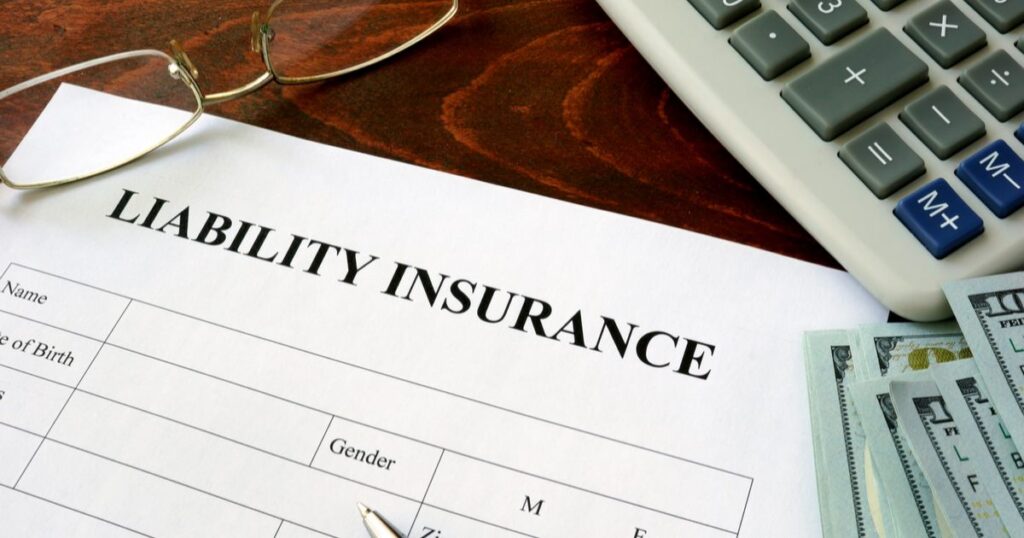
Therefore, one mustn’t expect PIP to deal with the injuries caused to other people. This is one of the reasons why drivers should take a close look at all the different types of insurance available for them before getting behind the wheel.
Keep in mind that insurance policies of any type are not only the main but also the best way to avoid spending money straight out of your pocket when you’re involved in an accident. Exploring your options is vital to your funds/personal economy! Luckily, law firms such as Kimmey & Murphy, P.C. can help you get more informed about this particular matter.
The Bottom Line
Depending on where you live or, better said, where you drive, such protection might be more than just recommended for you. Bus drivers, for example, are likely to have it included in their contract since both they and their passengers can get injured while traveling.
Overall, it’s important to realize that insurance is one of the keys to survival nowadays. You need protection from almost everything that might happen and you shouldn’t get on the road without being protected.
The best examples of this are the businesses that skipped out on taking out certain insurance policies and were then hit by the pandemic in such a hard way that they went bankrupt. Pretty much the same thing can happen to people that decide against PIP – they then have to pay for their hospital bills straight from their savings account, which could leave them flat broke!


